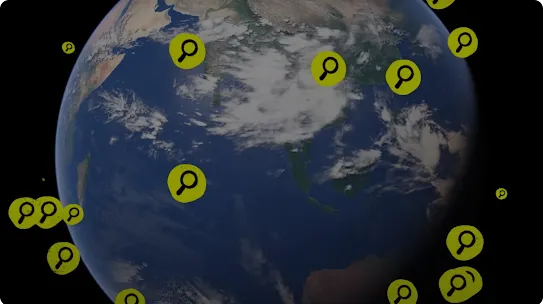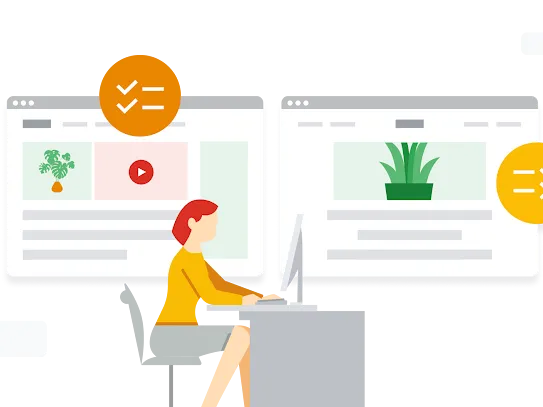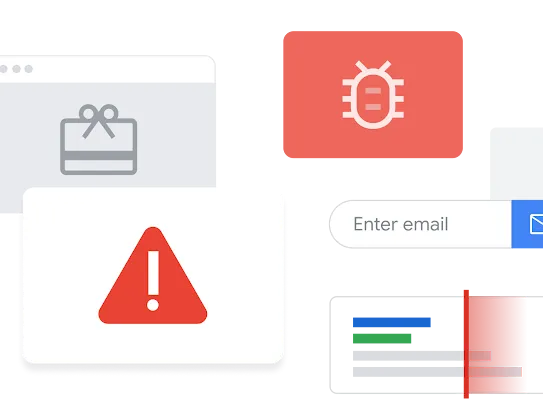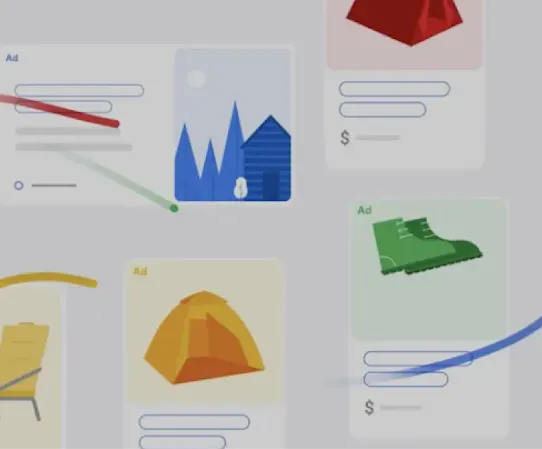How Google Search works
Every time you search, there are thousands, sometimes millions, of webpages or other content that might be a match. Google uses its robust systems to present the most helpful information in response to your query.

How Google Search Works (in 5 minutes)
Key elements of Search
-
Organizing information
The world’s largest library
Our Search index is like a library, except it contains more information than all the world’s libraries put together. We’re constantly adding to it and updating it with data about webpages, images, books, videos, facts and much more. -
Ranking results
Instantly matching your search
In a fraction of a second, Google’s Search automated systems sort through hundreds of billions of webpages and other information in our Search index to find the most relevant, useful results for what you’re looking for.
-
rigorous testing
Always improving your experience
We know Search can always be better. That’s why we conduct hundreds of thousands of experiments every year, resulting in thousands of improvements, all of which are rigorously tested. -
Detecting spam
Keeping you safe on Search
Just like with email, phishing scams and other bad actors sometimes try to pose as highly-relevant content. Search works to automatically detect these threats and keep them out of our top results.

Get the facts
Discover more
-
Google ai
A new AI milestone for search
-
REAL-TIME RESULTS
How Google Search reacts in critical moments
-
ECONOMIC IMPACT
How ads appear in Google Search
-
Google ai
How AI is helping you search visually








